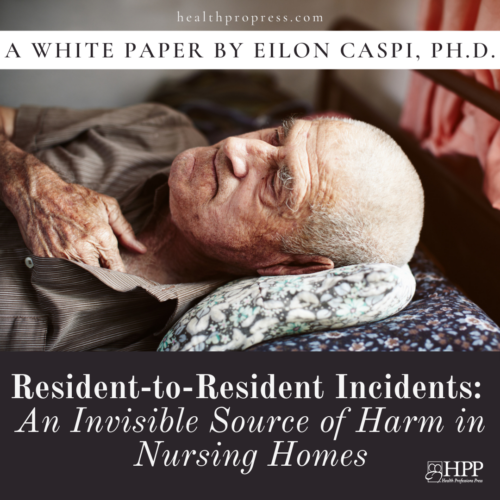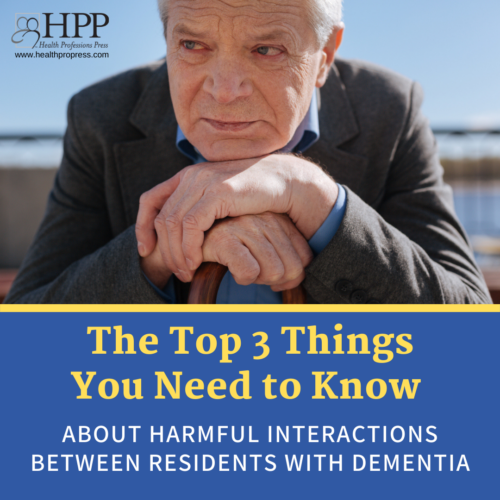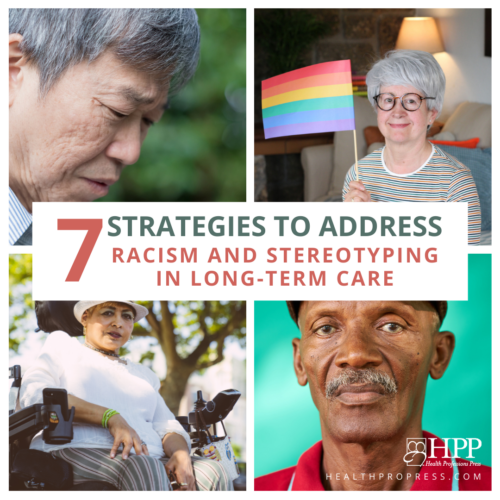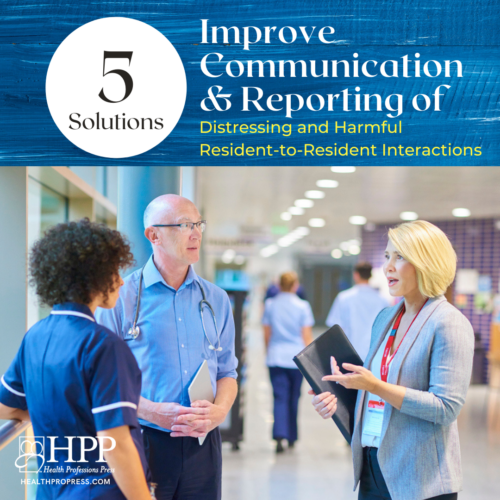The Top 4 Things You Need to Know About Best Friends
People with dementia deserve the best care. And what they need most of all is someone dedicated to helping them feel safe, secure, and valued—at all stages of the disease. But being a dementia caregiver is an incredibly challenging role. The Best Friends™ approach is designed to help caregivers in…
Learn More






